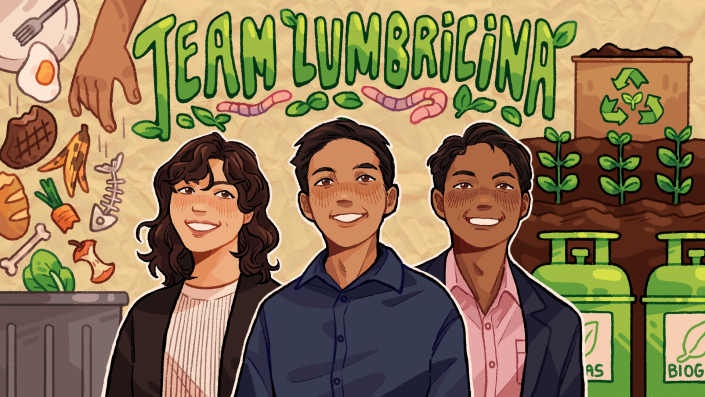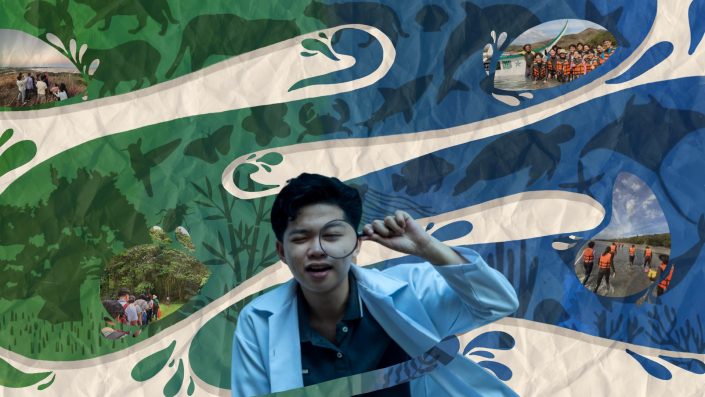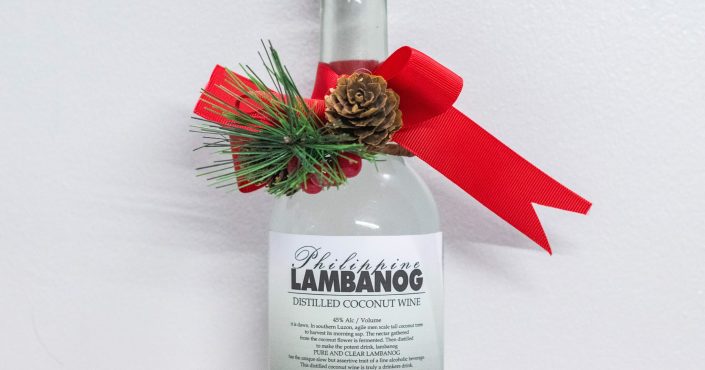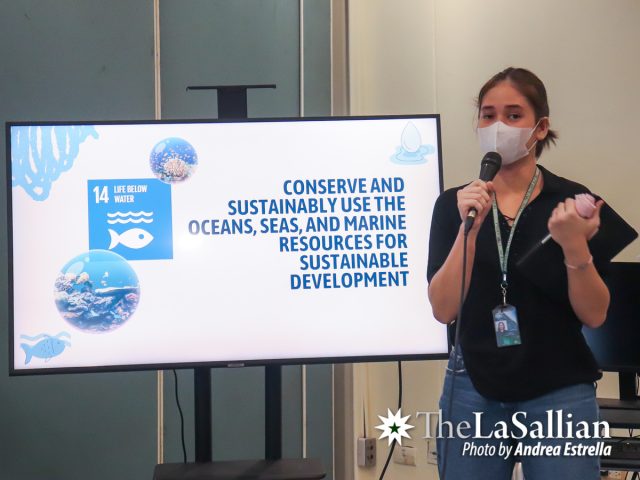Low immunization rates, especially among children, are the main culprits behind the local pertussis outbreak.
Author: Bret Cornelia
By embracing innovative waste management technologies, Filipinos can reduce their food waste, meet energy demands, and transition toward a circular economy.
With the right combination of classroom and field experience, the BIO-SEC program prepares students to become responsible stewards of the planet.
At its core, CrabTECH Innovations strives to build a network of crab farmers and equip them with 21st century skills.
The properties of lambanog are largely determined by its chemical makeup. Changing its composition may not only alter its flavor but also increase the risk of alcohol poisoning.
In partnership with the Institut Polytechnique UniLaSalle, the Department of Chemistry organized the first face-to-face DLSU-UniLaSalle student symposium last November 29 to 30 at Y509, Yuchengco Hall. With the theme One Earth, One Family: Co-Creating a Sustainable Legacy, the symposium tackled various environmental issues afflicting the Philippines. Guided by the United Nations’ Sustainable Development Goals…






